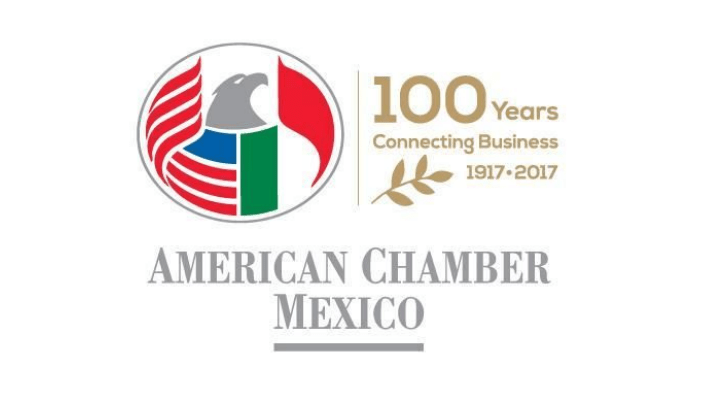The American Chamber of Commerce of Mexico questioned new rules related to foreign trade and the energy industry in Mexico.
“We view with concern the recent changes established in the General Rules of Foreign Trade for 2020; particularly, rule 2.4.1 that came into force on June 12 of this year and that prohibits private companies from importing and exporting hydrocarbons in a place other than that authorized, ”the American Chamber of Mexico said in a statement.
In this regard, their arguments are the following:
First
It significantly restricts the options of the private sector to import petrochemicals and hydrocarbons to Mexico, eliminating the maritime option in terminals located outside the ports, which is the most competitive transport after pipelines.
This will have a significant impact on the prices of fuels and other products of the food and pharmaceutical sector, among others, mainly affecting the pocket of the final consumer. It can even directly affect Pemex’s costs and logistics.
Second
It puts at risk the continuity and execution of business plans and investment projects in the development of new supply chains and infrastructure in the energy sector, whose purpose is to strengthen the reliable supply with competitive fuel costs, for the benefit of Mexican families and / or promote the export vocation of some regions of the country.
It is important to remember that one of the most significant modifications to the Customs Law in 1995 was precisely the addition of a place other than the authorized one, to allow individuals to contribute to the development of infrastructure, particularly in ports.
Third
It significantly reduces the capacity of private companies to use existing and developing import and / or export infrastructure, by granting exclusive authorizations to productive State companies, their agencies and subsidiary productive companies to the detriment of the constitutional rights to competition and freedom. competition, which also constitutes discriminatory treatment towards private initiative.
Fourth
They limit certainty in a predictable and consistent regulatory framework over time, which is a fundamental condition for long-term investments, such as those required to strengthen investments in infrastructure and the reliable supply of fuels and the consolidation of Mexico as a strategic partner. .
Fifth
Additionally, they are contrary to the fundamental principles of international free trade agreements, including the Agreement between Mexico, the United States and Canada (USMCA) in what corresponds to National Treatment, Minimum Standard of Treatment, Expropriation, among others.
American Chamber of Mexico
To date, the Chamber argued, significant investments are being made in the development of supply chains and infrastructure in the energy sector, which are of the greatest relevance as they complement the investments of the public sector.
However, the amendment to the Foreign Trade Rules is added to other regulatory changes that, in recent months, “have impacted regulatory certainty and the viability of business plans of companies that invest with a long-term horizon in the country».
The American Chamber of Mexico was founded in 1917 as an independent, non-partisan, non-profit organization, affiliated with two of the most active and important business organizations in the world: the United States Chamber of Commerce and the Association of American Chambers of Commerce. Commerce of Latin America (AACCLA).
To date, the more than 1,000 companies grouped in the American Chamber of Mexico represent 21% of the national GDP and generate 2.5 million direct formal jobs and six million indirect ones.
![]()

